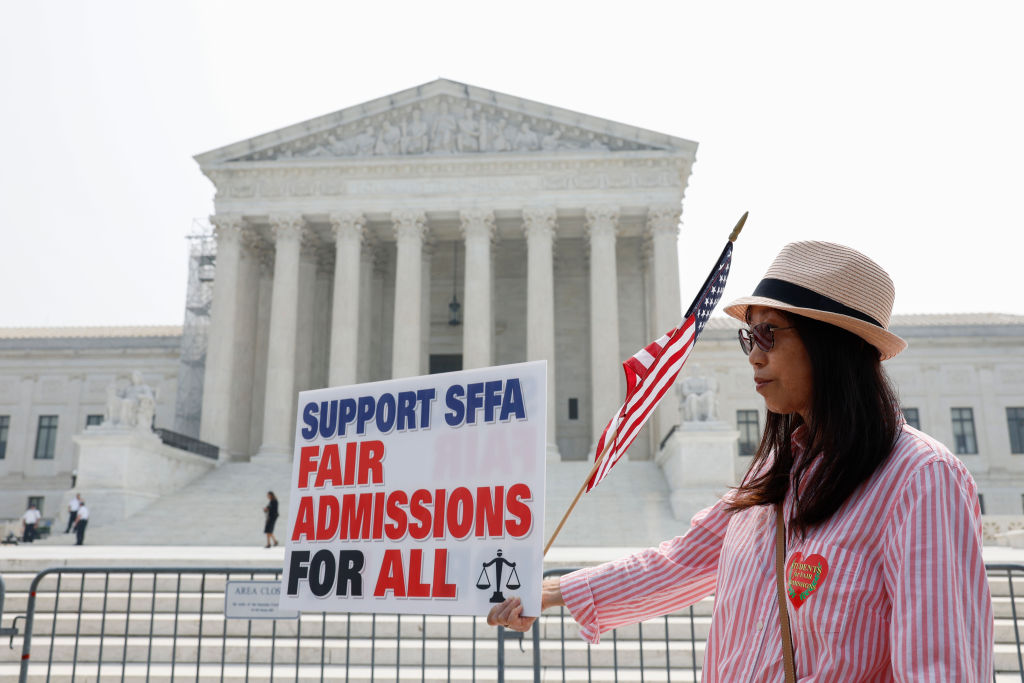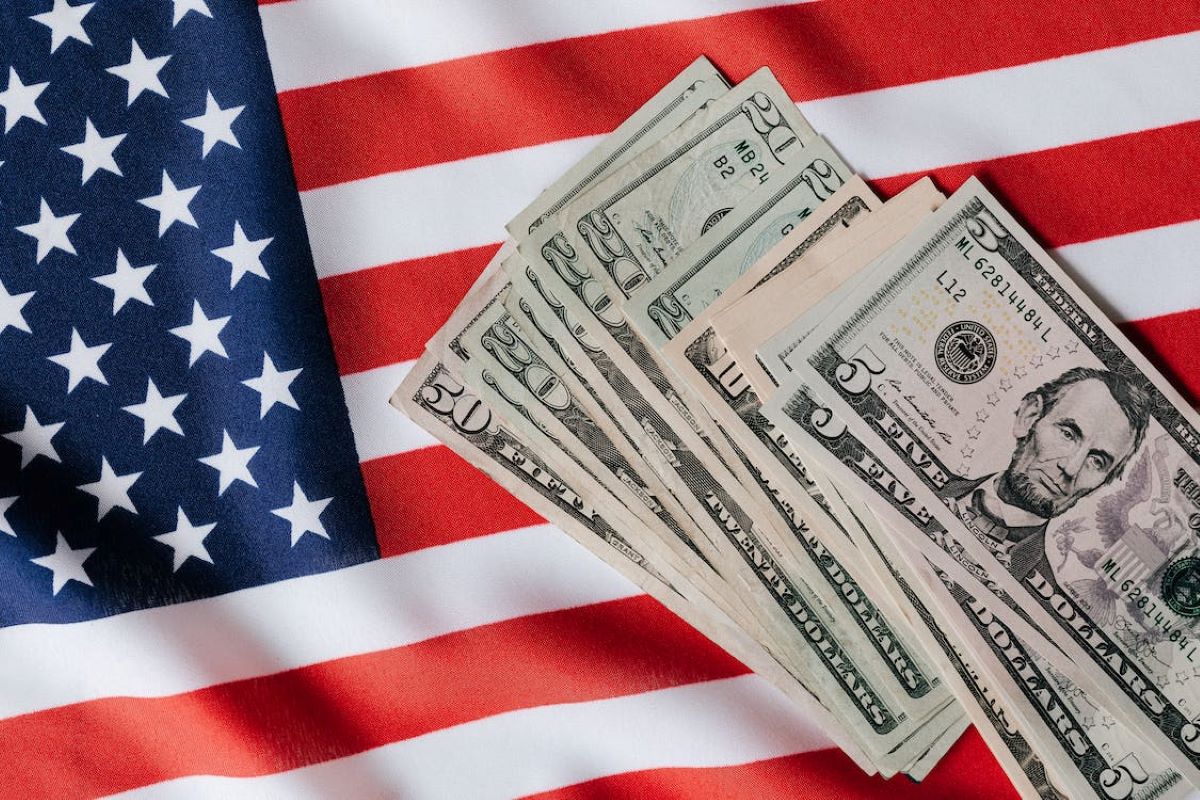THC level limit remains for hemp growers
Virginia’s Industrial Hemp Farmers Face Setback as Bill Stalls in Committee
Wednesday was a disappointing day for Virginia’s industrial hemp farmers as a bill that would have expanded their cultivation opportunities hit a roadblock. Del. Nick Freitas, R-Culpepper, presented a proposal to the House of Delegates Agriculture, Chesapeake and Natural Resources Committee, seeking to increase the allowable THC concentration in industrial hemp from 0.6% to 1%. However, concerns about the potential impact on marijuana regulations in the state led to the bill being tabled.
“Dominion Hemp is the largest hemp animal bedding company in the United States. At this point in time, we have to source our materials from other states due to the restrictions that currently are on our Virginia farmers,” said the company’s founder, Marty Phipps.
The committee members expressed worries about the potential overlap between industrial hemp and marijuana industries, despite the bill including provisions for confiscating cannabis with higher THC concentrations. It is worth noting that many states regulate these two industries separately, as highlighted by the National Conference of State Legislatures.
Industrial hemp, derived from the seeds, oil, or fiber of the hemp plant, differs from marijuana, which is primarily produced from the plant’s flowers or buds. The cultivation of industrial hemp is a relatively new industry in the United States, with federal authorization granted in 2014.
The 2014 Federal Farm Act allowed states to establish research and pilot programs for industrial hemp. The 2018 Farm Act further expanded the scope of hemp production. Under this legislation, if a state’s production plan was approved by the federal government, individuals could grow industrial hemp within the parameters set by their state.
In November 2021, the Department of Agriculture approved Virginia’s Plan to Regulate Hemp Production, and the state began regulating industrial hemp production in 2022.
Freitas’ bill aimed to adjust these regulations to accommodate higher THC levels in hemp. Farmers argued that this change would allow for the cultivation of a wider variety of hemp plants and improve crop predictability.
However, the committee raised several questions and concerns. Del. Lee Ware, R-Powhatan, questioned how to differentiate between hemp grown for industrial purposes and hemp grown for other uses. Additionally, confusion arose regarding the tracking of hemp growers in Virginia, with testimony from Erin Williams, the Industrial Hemp Program Manager for the Virginia Department of Agriculture, failing to provide clarity.
“Currently, VDACs issues industrial hemp grower registrations so that anyone can grow hemp, any variety of hemp, be it fiber, grain or flower for cannabinoids…. We don’t currently ask applicants to tell us what type they’re gonna grow,” Williams said.
After more than 20 minutes of discussion, Del. Kathy Tran, D-Fairfax, made a motion to table the bill due to the lingering concerns. The motion was supported by committee Democrats but opposed by committee Republicans.
What was the purpose of the bill proposed by Del. Nick Freitas aiming to increase the allowable THC concentration in industrial hemp from 0.6% to 1%?
Or flower of the Cannabis sativa plant, is used for a variety of purposes such as textiles, construction materials, food, and even CBD products. Unlike marijuana, industrial hemp has a low concentration of THC, the psychoactive compound responsible for the “high” associated with marijuana use. This distinction is crucial to understand why the bill proposed by Del. Nick Freitas aimed to increase the allowable THC concentration in industrial hemp from 0.6% to 1%.
Virginia’s industrial hemp farmers have been facing numerous challenges in recent years, including market fluctuations and competition from other states. The potential expansion of their cultivation opportunities through the proposed bill was seen as a significant opportunity for growth and economic development. However, concerns about the impact on marijuana regulations in the state have caused a setback for these farmers.
One of the main concerns expressed by committee members was the potential overlap between industrial hemp and marijuana industries. While industrial hemp and marijuana both belong to the Cannabis sativa plant species, they have distinct differences in terms of THC concentration. The proposed bill included provisions for confiscating cannabis with higher THC concentrations, aiming to ensure the separation between industrial hemp and marijuana.
It is important to note that many states regulate industrial hemp and marijuana separately. The National Conference of State Legislatures has recognized the need for clear regulations to differentiate between these two industries. By doing so, states can ensure that the cultivation, production, and sale of industrial hemp do not impede existing marijuana regulations or create confusion in law enforcement.
The concerns raised by committee members are understandable. Marijuana regulations are complex and sensitive issues, particularly in states where marijuana remains illegal or has only recently been legalized for medical or recreational use. Striking the right balance between allowing the growth of the industrial hemp industry and safeguarding existing marijuana regulations requires careful consideration and analysis.
However, it is essential not to overlook the potential benefits that an expanded industrial hemp industry can bring to Virginia. Marty Phipps, founder of Dominion Hemp, highlighted the current restrictions faced by Virginia farmers, forcing them to source materials from other states. This reliance on external sources not only affects the local economy but also hampers the development of a sustainable and competitive industry within the state.
Furthermore, an expanded industrial hemp industry has the potential to create jobs, boost local businesses, and provide farmers with a viable alternative to traditional crops. The versatility of industrial hemp opens up opportunities in various sectors, ranging from textiles and construction to food and CBD products. By supporting the growth of this industry, Virginia can position itself as a leader in the emerging hemp market and reap the benefits associated with it.
In conclusion, while the bill proposed by Del. Nick Freitas to increase the allowable THC concentration in industrial hemp faced a setback in committee hearings, it is important to continue the dialogue and find a solution that accommodates the concerns regarding marijuana regulations while supporting the growth of Virginia’s industrial hemp industry. By striking the right balance, Virginia can seize the opportunities presented by this versatile and sustainable crop, benefiting both farmers and the state’s economy as a whole.
" Conservative News Daily does not always share or support the views and opinions expressed here; they are just those of the writer."





